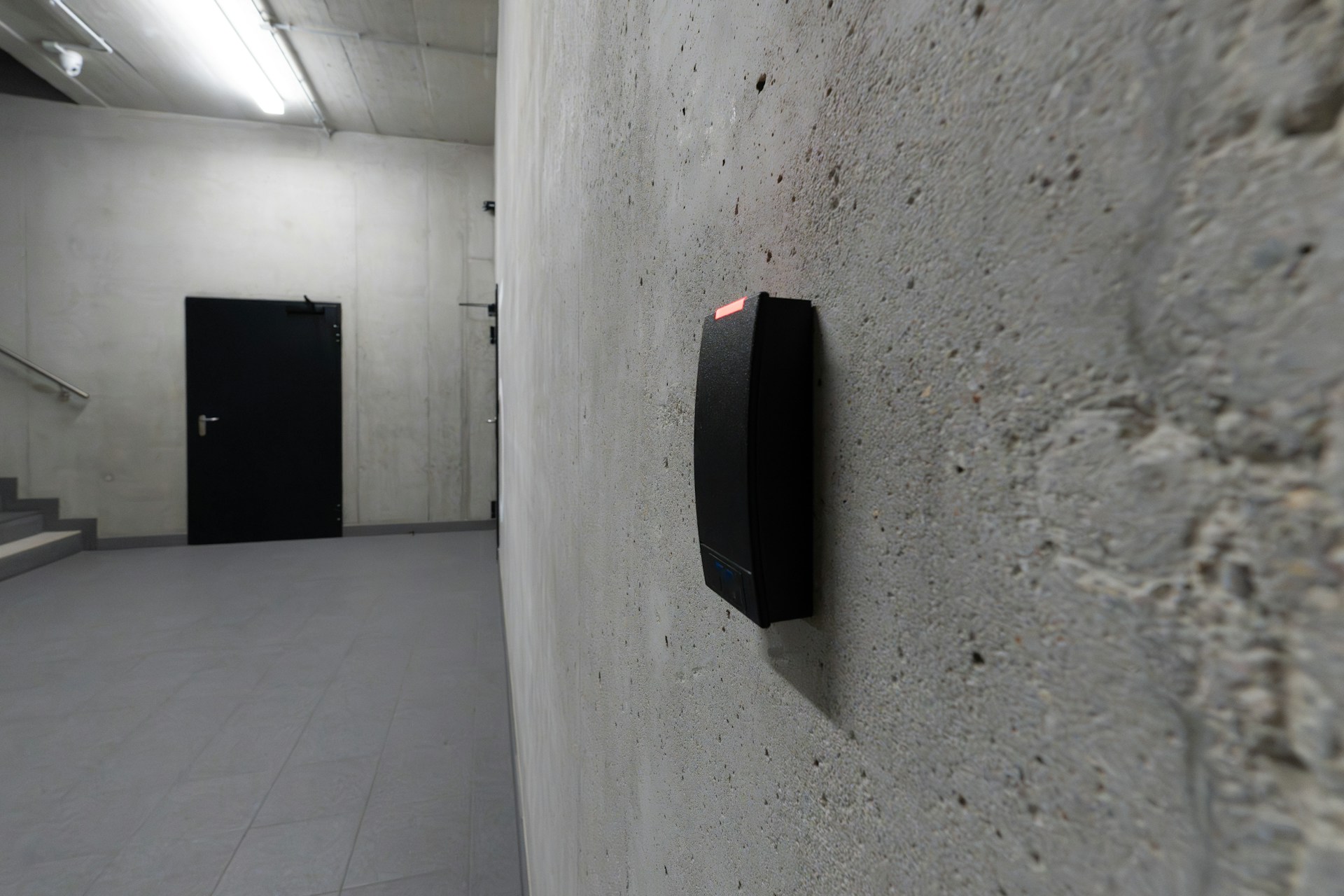Home renovations can be a thrilling adventure, but they come with their fair share of challenges. The idea of turning your space into something new and beautiful is exciting, but the process can sometimes feel overwhelming and test your patience. Knowing what to expect can make the journey smoother and more enjoyable. In this article, we’ll walk you through the key stages of a renovation, from the initial planning to the final touches, and offer tips to help you navigate the ups and downs along the way.
Pre-Renovation Planning
Setting Realistic Expectations
Before diving into your renovation project, it’s crucial to set realistic expectations. Renovations, especially larger ones, often take longer and cost more than initially anticipated. Unexpected issues may arise, such as discovering structural damage or outdated wiring that needs replacing. By mentally preparing yourself for potential delays and budget overruns, you can approach the project with a more flexible mindset.
Budgeting and Financing
One of the most important steps in the pre-renovation phase is setting a realistic budget. Start by getting multiple quotes from contractors to understand the range of costs for your project. It’s also wise to include a contingency fund, typically 10-20% of your total budget, to cover unexpected expenses. Hidden costs, such as permits, design fees, and unforeseen structural issues, can quickly add up, so it’s essential to be financially prepared. Additionally, consider your financing options, whether it’s savings, a home equity loan, or other forms of credit.
Choosing the Right Contractor
Selecting the right contractor is crucial to the success of your renovation. Take time to research and vet potential contractors, asking for references and checking online reviews. Communication is key in this relationship, so ensure that your contractor understands your vision and expectations. A good contractor will not only execute your plans but also provide valuable insights and suggestions that could enhance the final result. Establishing clear communication from the start can prevent misunderstandings and ensure that the project runs smoothly.
The Renovation Process
The Early Stages: Demolition and Dust
The first major phase of any renovation is demolition. This is where the old makes way for the new, and it often involves a lot of dust and debris. If you’re living in the home during the renovation, this stage can be particularly challenging. Dust can spread throughout the house, affecting air quality and making daily living uncomfortable. To minimize disruption, seal off the construction area with plastic sheeting and use air purifiers to keep the dust at bay. Be prepared for noise and vibrations during demolition as walls come down and old fixtures are removed.
Construction Phase: Noise, Delays, and Adjustments
Once demolition is complete, the construction phase begins. This is where your renovation starts to take shape, but it’s also a time when unexpected challenges can arise. Living in a construction zone can be noisy and chaotic, and there may be delays due to weather, supply chain issues, or unforeseen problems with the structure of your home.
It’s important to stay flexible and be prepared to make adjustments to your original plan. Sometimes, design changes are necessary due to practical considerations, or you might encounter issues that require additional work and expenses. Maintaining regular communication with your contractor is crucial during this phase. Discuss any issues or changes as they arise to avoid costly delays or misunderstandings.
Another key aspect of this phase is cleaning up after renovations. While your contractor should handle the bulk of the cleanup, it’s often a good idea to hire a professional cleaning service to thoroughly clean your home once construction is complete. Dust can linger in the air and settle in unexpected places, so a deep clean is essential to restore your home to a livable condition.
Communication is Key
Throughout the renovation process, clear and constant communication with your contractor is vital. Regular check-ins and updates will help ensure that the project stays on track and that any issues are addressed promptly. If you have concerns or changes you want to make, bring them up as soon as possible. A good contractor will appreciate your input and work with you to achieve the best possible outcome. Remember, this is your home, and your satisfaction is the ultimate goal.
Coping with Renovation Stress
Emotional Toll of a Renovation
Renovations can take an emotional toll, especially when they drag on longer than expected or when things don’t go as planned. It’s normal to feel stressed, frustrated, or overwhelmed at times. To cope with these emotions, try to focus on the end goal—a beautifully renovated space that reflects your style and meets your needs. Keeping a positive outlook and being patient with the process can make the journey more bearable.
Keeping Your Daily Routine
Maintaining some semblance of normalcy during a renovation is important for your mental well-being. Set up temporary living spaces within your home where you can escape the chaos. For instance, if your kitchen is being renovated, consider setting up a mini kitchen in another room with a microwave, kettle, and refrigerator. If your bedroom is under construction, create a cozy sleeping area in another part of the house. By keeping a routine, you can reduce the stress and disruption that often accompany a renovation.
Taking Breaks and Knowing When to Step Back
Sometimes, stepping away from the renovation can provide much-needed relief. Take breaks when you feel overwhelmed and spend time away from the construction zone. Whether it’s a weekend getaway or simply spending the day outdoors, a change of scenery can help you recharge and return to the project with renewed energy. It’s also important to trust your contractor and give them space to do their work. Stepping back can help you maintain perspective and reduce stress.
The Final Stretch: Finishing Touches and Moving Back In
The Excitement of the Final Phase
As the renovation nears completion, the excitement builds. The final phase involves adding the finishing touches—installing fixtures, painting walls, and laying down flooring. This is when your vision truly comes to life. However, it’s also a time to remain patient. Rushing through the final details can lead to mistakes, so take your time to ensure everything is done to your satisfaction.
Unpacking and Settling In
Once the renovation is complete, it’s time to move back in and enjoy your newly updated space. Unpacking can be both exciting and overwhelming, so take it step by step. Start with the essentials and gradually work your way through the boxes. As you settle in, you’ll begin to appreciate the transformation and the hard work that went into it.
Reflecting on the Experience
After all the dust has settled, take a moment to reflect on the renovation journey. While there were likely challenges and setbacks along the way, the end result is a space that’s uniquely yours. The experience, with all its ups and downs, often leads to a deeper appreciation of your home and the effort it took to create it.
Conclusion
Renovating a home is a significant undertaking, filled with both challenges and rewards. By setting realistic expectations, maintaining open communication, and preparing for the unexpected, you can navigate the renovation process with greater ease. While the journey from dust to delight may be bumpy at times, the result, a beautifully transformed space is well worth the effort. Embrace the process, keep your eyes on the prize, and soon you’ll be enjoying the fruits of your labor in a home that’s perfectly suited to your needs and style.












